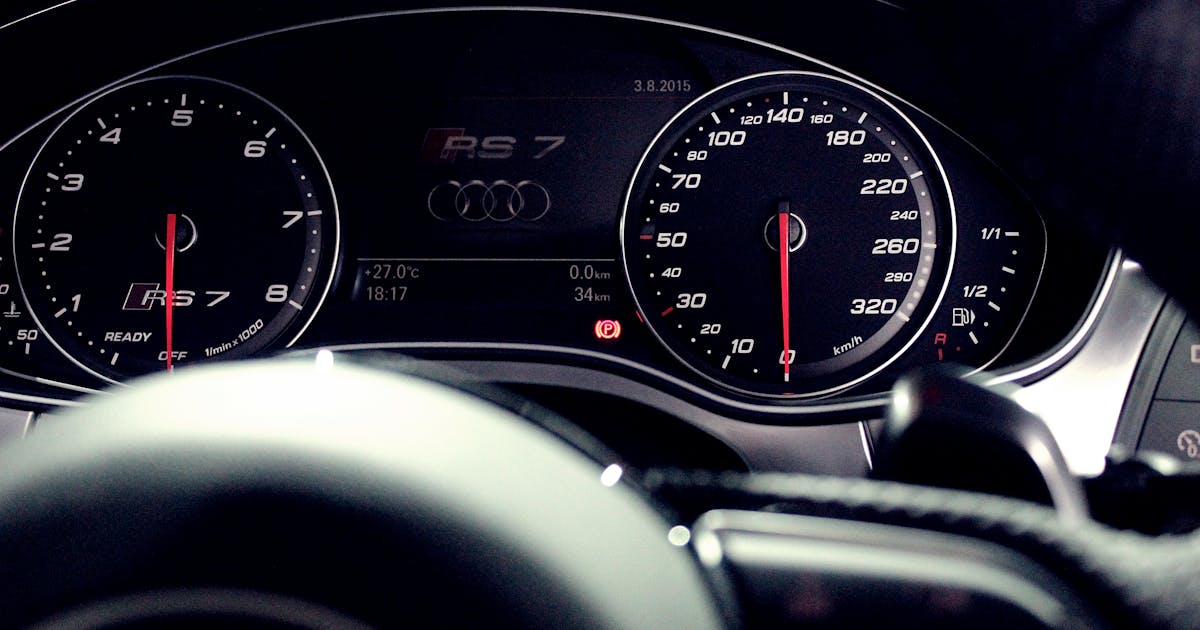When you go to purchase an auto insurance policy, what do you do first? Do you simply look at the price of the policy and decide whether or not you can afford it, or do you examine everything that comes with a default or custom policy so that you fully understand it? If you said “yes” to the former, then you’re not alone. Plenty of people don’t know what the fine print of their policies means, as well as what each type of coverage includes. Here’s what you need to know in order to make informed decisions in the future.
Collision and Comprehensive Coverage
Both of these types of insurance tend to be optional, depending on where you live. However, the company that holds the lien on your car may insist that you have this type of coverage. Collision policies are designed to pay for any damages to your car should you cause an accident. Comprehensive, on the other hand, covers things like hail and wind damage, as well as theft. The amount of coverage provided depends on how much your vehicle is worth, or how much you have left to pay on the loan.
Liability Coverage
This type of coverage kicks in when you, the driver, cause an accident. If you’re at fault, then your liability coverage will pay for everything from the damages to the other vehicles involved, if any, as well as damage to other people’s personal property. For example, if you hit a fence or are sent over a person’s lawn in your vehicle, leaving marks behind, your liability insurance may pay for the repairs. When you set up your auto policy, you can choose how much liability insurance you’d like to have.
Uninsured and Underinsured Motorist Coverage
Even though auto insurance is legally required in most states, not everyone has it. They drive without insurance, which is illegal and problematic should they cause an accident. In addition, some people only have state minimum coverage, which isn’t always enough to pay for the damage to other vehicles involved in the accident. This is where your uninsured and underinsured motorist coverage comes into play, as it will pay for the repairs to your car and property, even though you didn’t cause the accident.
Personal Injury Coverage
Not every state allows for or even requires personal injury coverage. If you have the option however, this insurance will pay for things like hospital bills, missed wages, and other expenses if you’ve been injured in a car accident. Whether or not you choose to have this type of policy is up to you, but it can be helpful should the other parties involved in the accident not have enough coverage.
Still Have Questions About Auto Insurance?
If you have additional questions about auto insurance coverage or need to obtain a new policy, then contact Spivey Insurance. Our knowledgeable agents can go into further detail about our auto policy options, as well as help you find one that has the right amount of coverage for all your needs.



